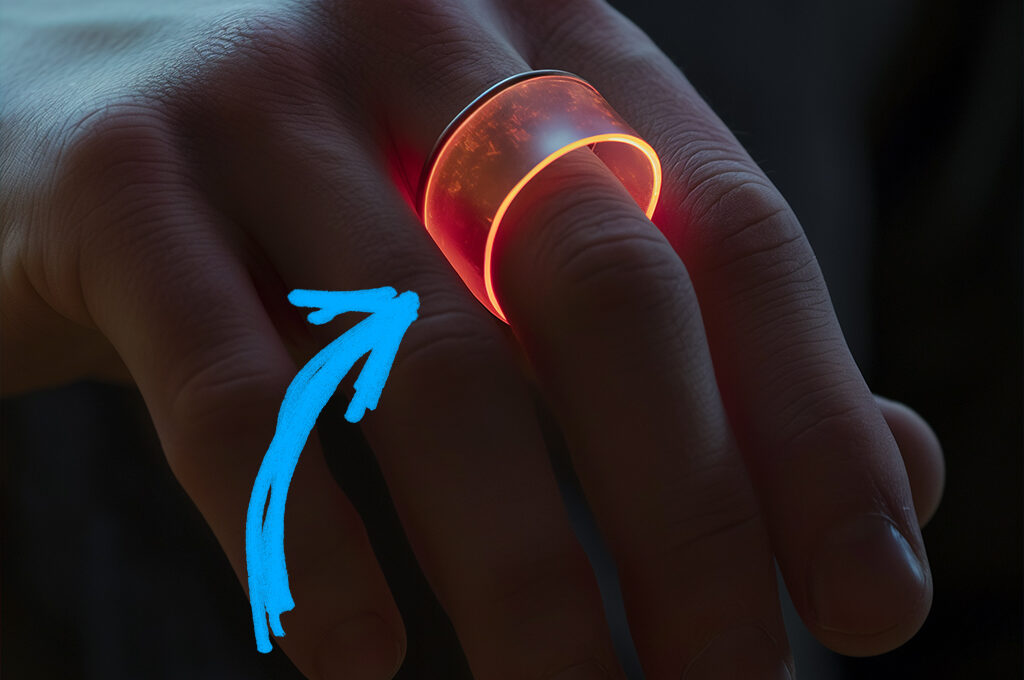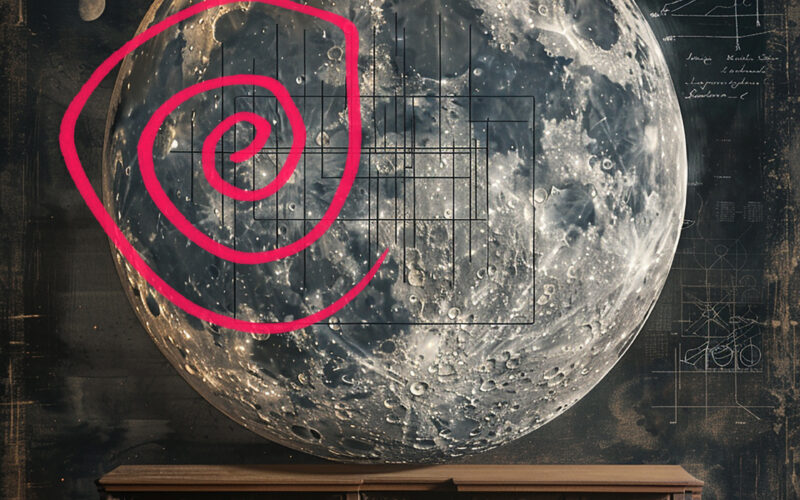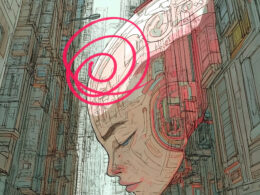In the swirling vortex of today’s digital renaissance, a new player has emerged, not just as a disruptor but as a pioneer in the uncharted waters of the human mind and artificial intelligence. Imagine a startup, now valued at over a billion dollars, a unicorn in its own right, that has developed an AI-powered technology capable of extracting and visualizing the contents of our subconscious. This technology, accessible via a simple, unassuming thumb ring, promises to unlock the deepest recesses of our minds, creating memes, visuals, and videos that resonate on a profoundly personal level.
But as with any great leap, this innovation brings with it a cascade of questions, particularly concerning intellectual property (IP) and ethics. At the heart of this conundrum lies a fundamental inquiry: Who owns our subconscious thoughts? When an AI interprets and manifests these intangible threads into tangible media, does the creation belong to the individual, the AI, or the company that programmed the algorithm?
The quandary deepens as we consider the nature of these unearthed thoughts. The subconscious mind is a murky territory, where the lines between conscious intention and unconscious impulses blur. When an individual is not fully aware of the meanings or implications of their deepest musings, should an AI be granted unrestricted access to interpret and project them? This brings to the forefront issues of privacy, consent, and the ethical use of such intimate data.
Moreover, there’s the aspect of psychological impact. Memes and visuals, born from the depths of a person’s psyche, might reveal hidden truths or unresolved conflicts, potentially leading to discomfort or distress. The AI, in its unemotional processing, does not discern the emotional weight these creations might carry for the individual. It acts as a mirror, reflecting not what we wish to see, but what truly lies within, often obscured from our own conscious understanding.
In addressing these concerns, we must navigate the delicate balance between technological advancement and the preservation of human dignity and autonomy. Regulations around IP in this realm remain nascent, and the legal system struggles to keep pace with the rapid evolution of AI capabilities. It prompts a reevaluation of IP laws, demanding new frameworks that recognize the intertwined contributions of human cognition and artificial intelligence.
This AI startup stands at the forefront of a new frontier, not just in technology, but in our understanding of the human psyche. As we venture further into this domain, we must tread cautiously, ensuring that our pursuit of innovation does not overshadow the need for ethical consideration and respect for the sanctity of the human mind. The answers to these dilemmas are as elusive as the subconscious itself, requiring a collective, multidisciplinary effort to unravel.
We find ourselves at the intersection of technology and humanity, questioning not only the capabilities of AI but also the very nature of our private inner worlds. The journey ahead is as exciting as it is uncertain, promising revelations and challenges in equal measure.






